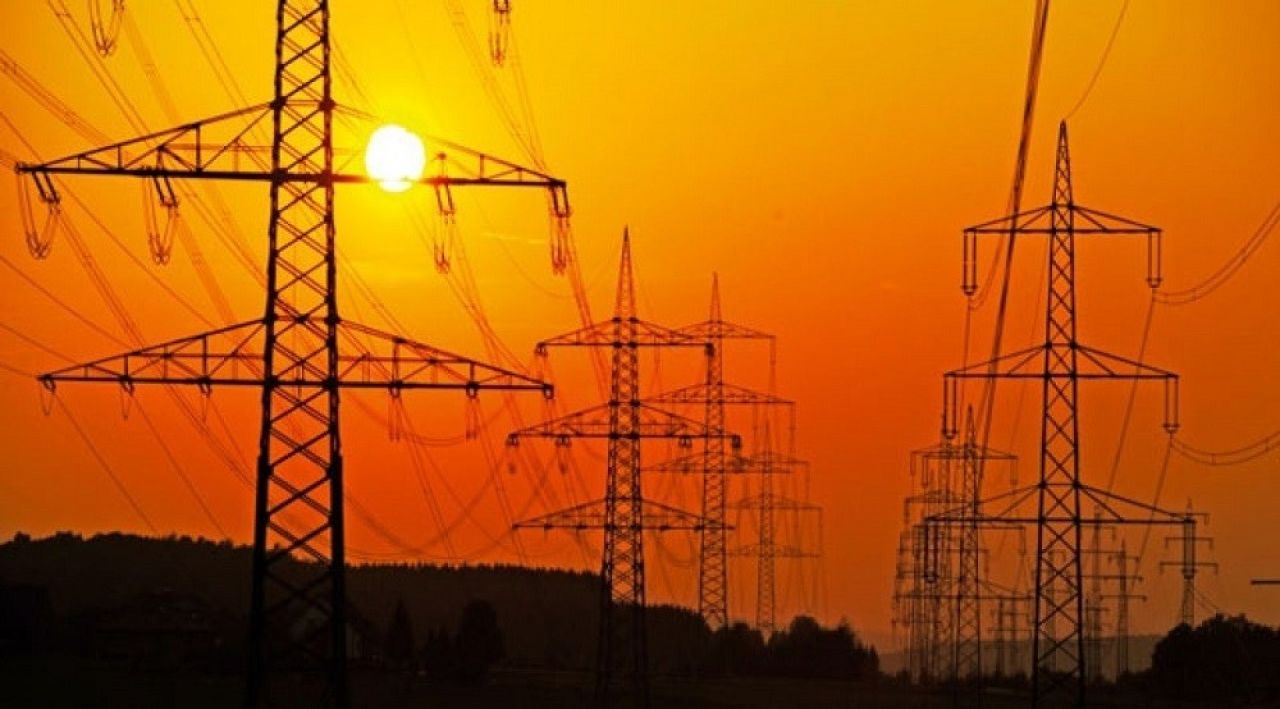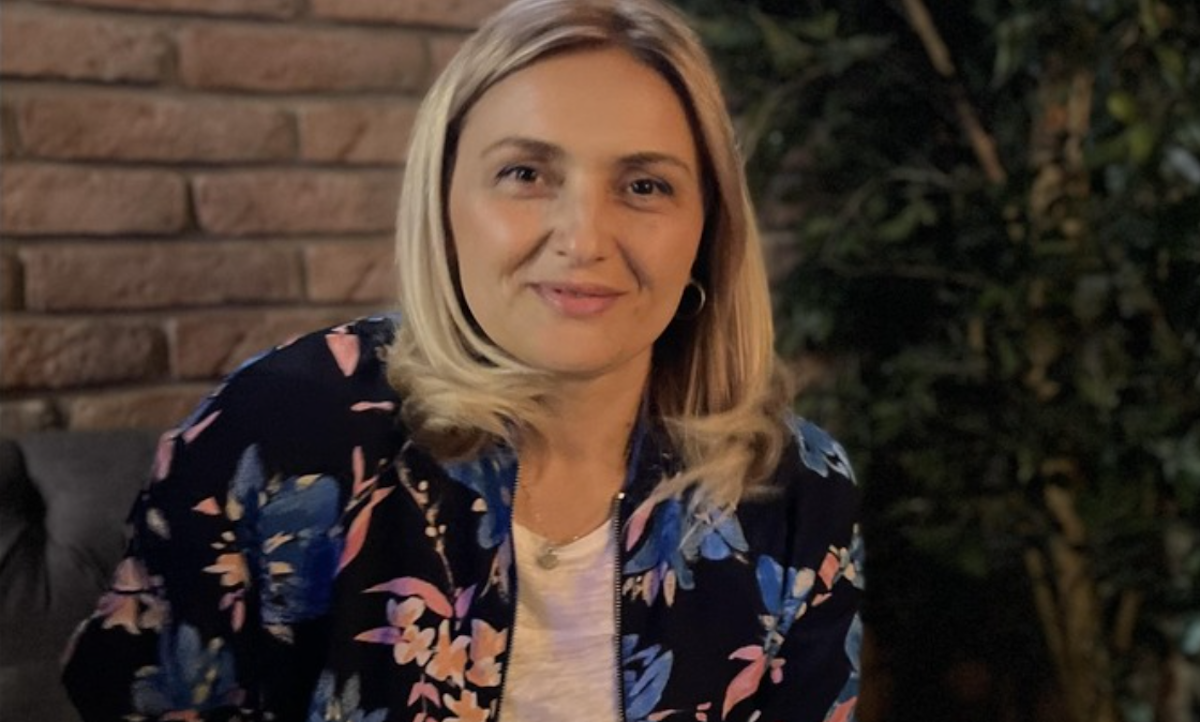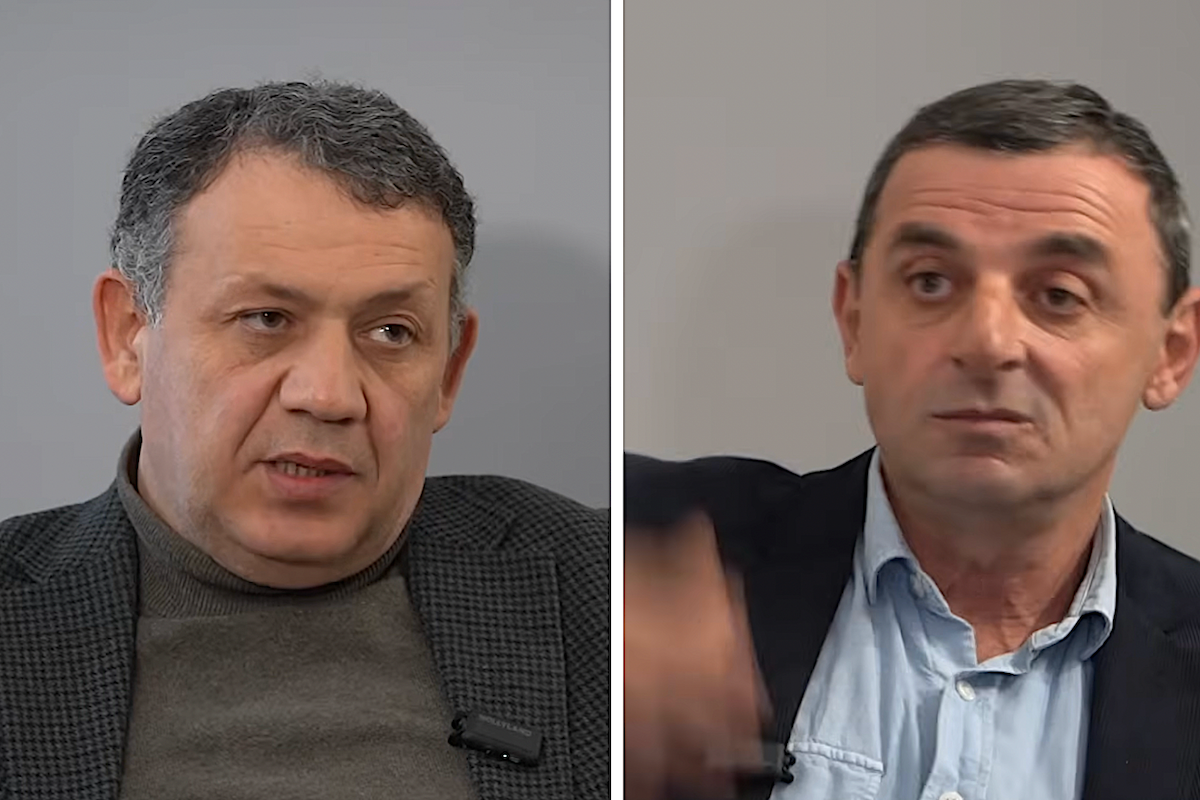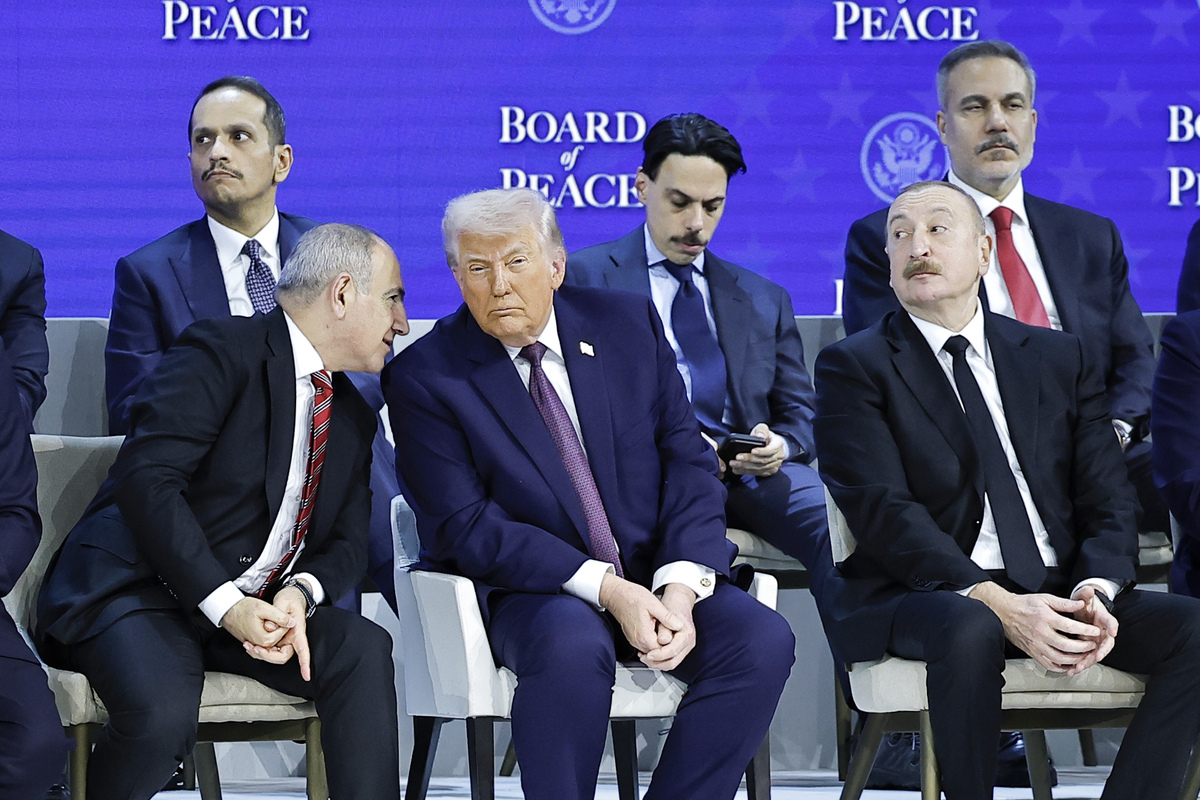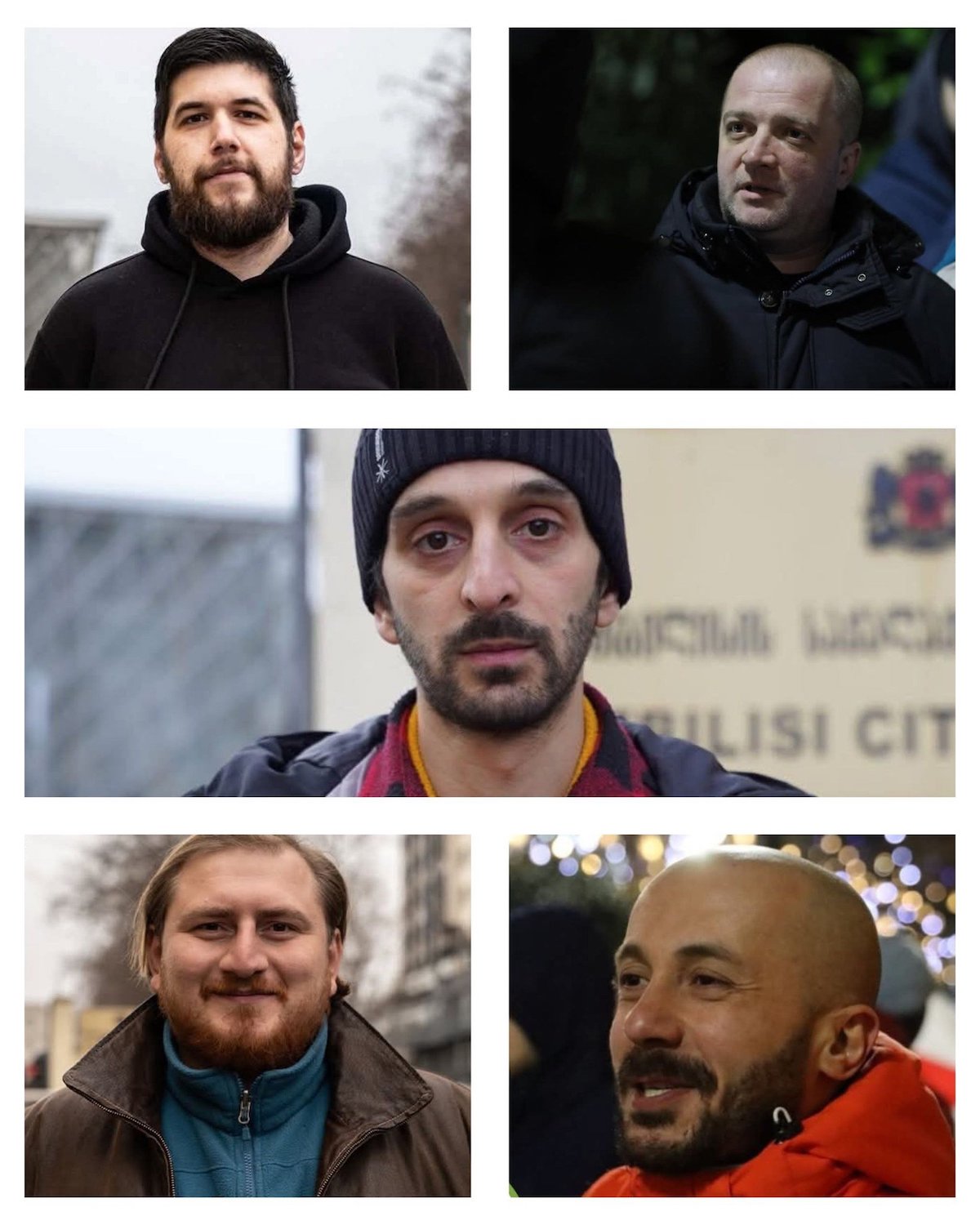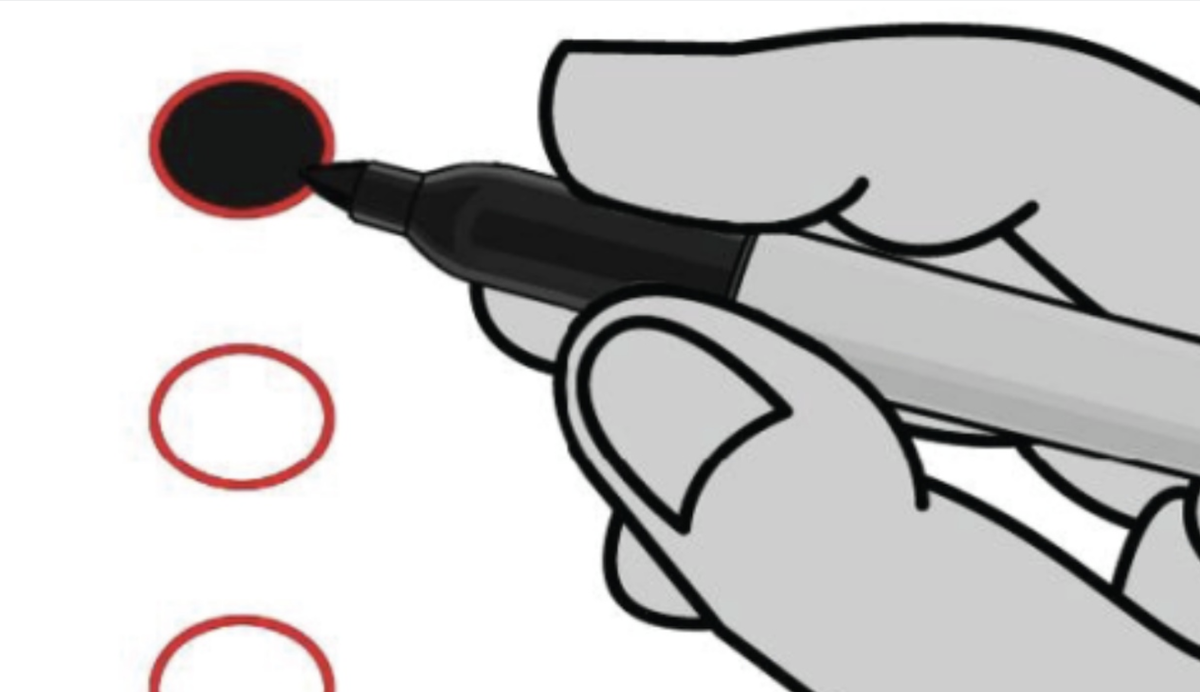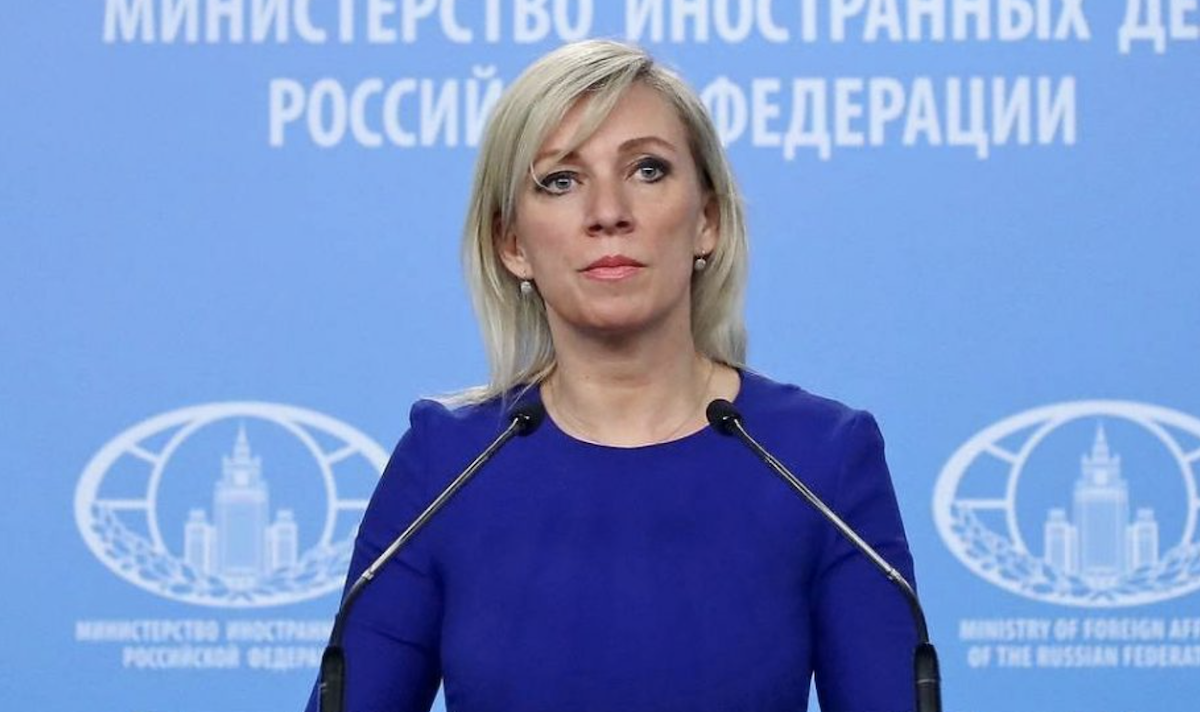Lessons of the Georgian presidential elections

The Central Election Commission (CEC) has counted all the ballots. Not only did government-supported candidate Salome Zourabichvili lose in the first round, but she almost lost to her main opponent as well.
There is less than one per cent difference in the results, with Zourabichvili receiving 38.64 per cent of the vote and Grigol Vashadze 37.74 per cent.
Georgian political observers sounded off on last night’s election.
__________
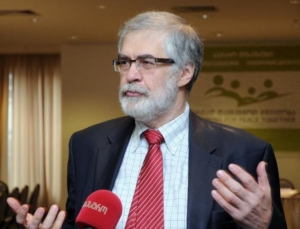
Ghia Nodia is a political scientist and the head of the Caucasus Institute for Peace, Democracy and Development.
What was the main result of the elections?
First: It was confirmed that power can be won through elections. The authorities’ power is largely an illusion of its invincibility. The elections have not yet been won, but the government has already lost. If the opposition fails to bring the affair to a victorious conclusion, it will be their fault, not the government’s.
Second: The obsession with the appearance of a third political force in the country – that is, that Georgian Dream could not be defeated until a third force appeared – has been put to rest. The three candidates who formerly came out of the United National Movement won more than 50 per cent of the vote. This does not mean that they would have won had they united in the beginning – it doesn’t work like that.
Why did the government lose?
If you look at the problem from the position of the authorities, one of the reasons for their defeat was the personal decision of Bidzina Ivanishvili. He chose the wrong candidate, and against the wishes of his own party at that. This should lead his supporters to questioning his capacity for leadership. It turns out that Zakaria Kutsnashvili was right [ed. a majority deputy who opposed Salome Zourabichvili’s candidacy], and Bidzina was wrong.
• Georgia elects president for last time by direct vote
• Salome Zourabichvili – the ruling party’s first serious failure
• Presidential elections in Georgia – politicians at polling stations
• Head of Georgia tells all before elections
Did the opposition win the elections or not? Yes, they did – and it’s a very important victory
This is, of course, a very important personal victory for Mikheil Saakashvili: Grigol Vashadze is his protege. The elections did, however, confirm that Georgia’s political culture has not changed: protest voices go over to the side of the most radical opposition. The Rustavi-2 television company, for its part, has probably played a decisive role.
Predictions
The coming to power of the opposition president does not mean a change of power – this will be decided on at the parliamentary elections in 2020.
The opposition could win these elections, though I don’t think the United National Movement can win on its own. The upcoming second of voting should become a lesson in cooperation for the opposition for subsequent success in the parliamentary elections.
____________

Publicist, professor at Ilia State University, Zaal Andronikashvili.
The lessons of the elections:
Two main trends were observed at the elections:
The first is that it is necessary to preserve the institution of direct national presidential elections. The elections clearly demonstrated how important it is for the president to be elected by the people, and not by some non-transparent board. In a country where democratic institutions are still weak, elections are often the only instrument for voters to express their attitude towards a one-party (or one-man) rule [ed. According to recent constitutional amendments, last night’s presidential election was the last that will take place by direct vote. In 2023, the president will be elected by an electoral college].
The second trend is that the population still votes “against.” Most Georgian voters do not have parties and candidates who would defend their interests. Such voters are forced by a vote of protest to balance one-party rule (which sooner or later necessarily takes the path of tyranny). In this case, neither the party programme, nor the personality of politicians is of any importance – this is an emergency mode, in which the task of voters is reduced to maintaining a democratic minimum.
At least 60 per cent of Georgian voters do not have a political representative and are forced to cast a protest vote or “punish” the government in their own way.
In 2012, the voters punished the United National Movement, and today, it seems, they are punishing the Georgian Dream party.











